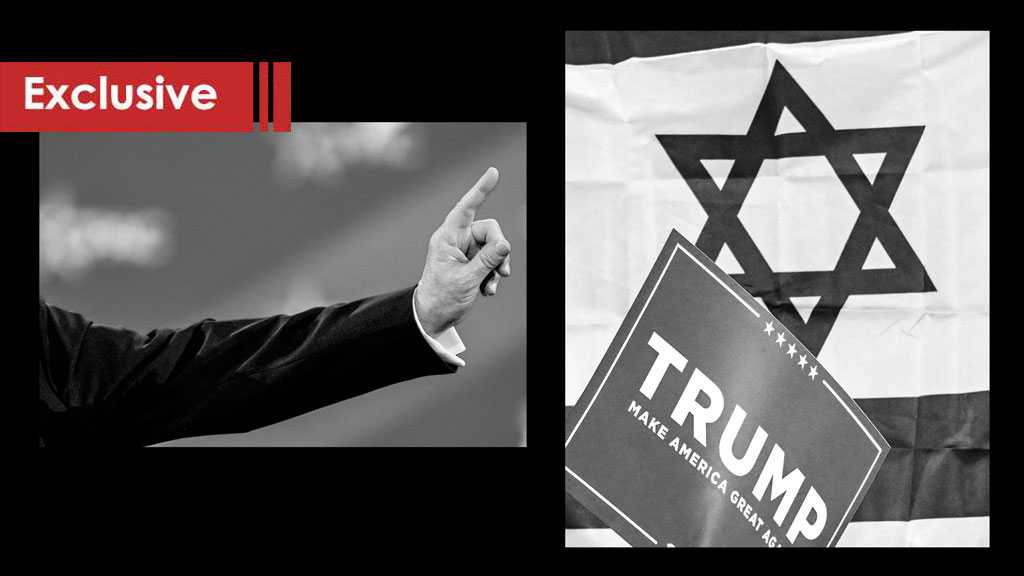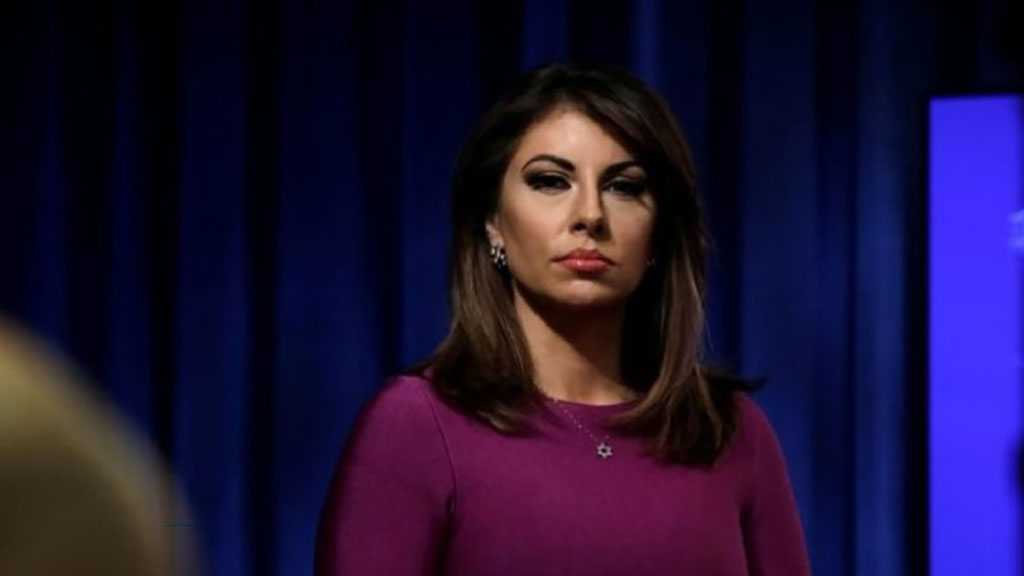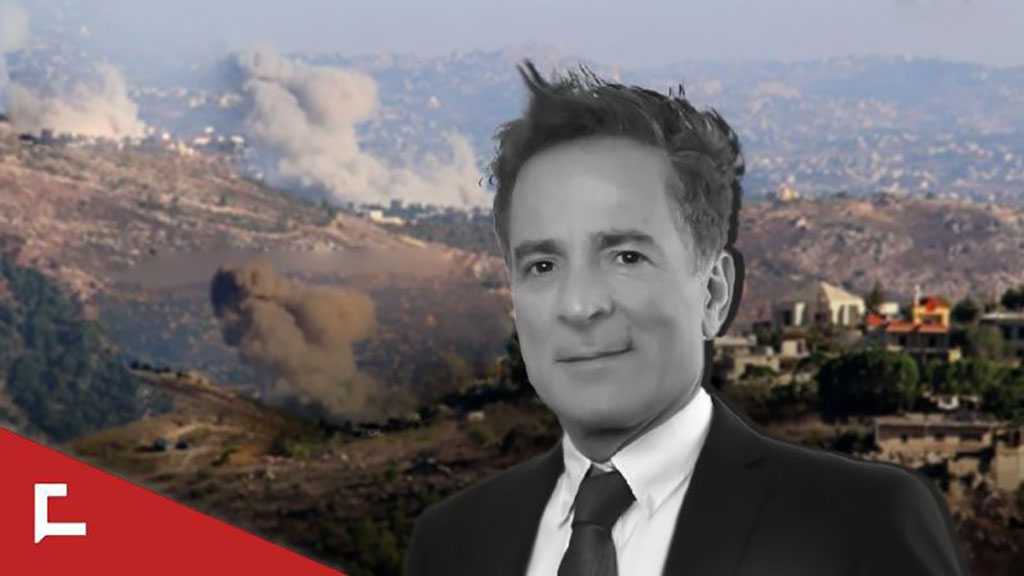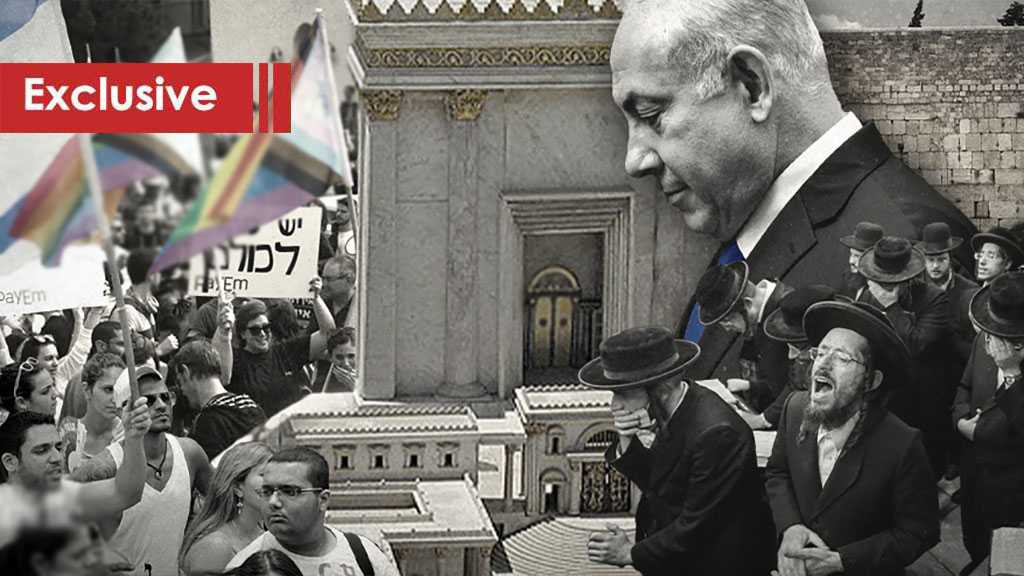
Orthodox Law: Between Sectarian Aspect and Proportional Representation

Hussein Assi
A few months ahead of the upcoming parliamentary elections, the electoral law seems to be still unknown..
Indeed, and despite the fact that many laws were set on the table, consensus was not reached on any of the proposals. Even proportionality, which is internationally believed to be the best democratic model, had its opponents in Lebanon. And thus, the electoral draft law, set by the Lebanese government and based on proportional representations, did not reach consensus.
But, whereas various political parties expressed worries the current electoral law, which was elaborated ahead of the civil war in 1960, would remain in place, another law imposed itself as a possible option: the so-called Orthodox electoral law.
Each Sect Elects its Own Lawmakers!
The Orthodox electoral law, which was put forth by the so-called Orthodox Meeting, calls for each sect to elect its own lawmakers based on proportional representation. In other words, it calls for a single electoral district, but with proportional representation within each sect. An Orthodox voter, for example, would choose among a number of 14-member lists, equal to the community's allotment of seats in Parliament.
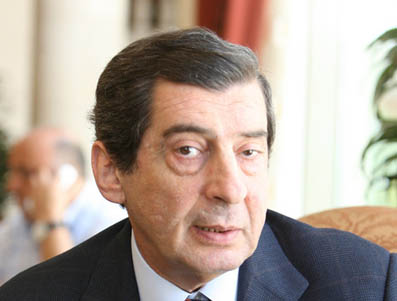 At first glance, such law seems to be sectarian and communal. It comes in contradiction with many of Lebanon's values and norms: coexistence, national unity. It even threatens the country to turn into warring tribes, according to sects.
At first glance, such law seems to be sectarian and communal. It comes in contradiction with many of Lebanon's values and norms: coexistence, national unity. It even threatens the country to turn into warring tribes, according to sects.
However, the law's supporters argue the opposite is actually true. For them, it represents a valid formula to achieve a just and effective representation, especially in light of the circumstances the Christians in Lebanon and the region are facing in this critical stage.
In this context, former Deputy Speaker Elie Ferzli explained to moqawama.org that the mentioned proposal makes all sects partners, and no one seems to be subordinate to the other. "This proposal is the first step towards removing sectarianism from the society," he said. "Based on this proposal, the different forces would find themselves obliged to ally with other movements in other sects," he added.
Christian Consensus...
Despite fears the Orthodox law would deepen sectarianism in the country, an "achievement" was recorded for the law. Christian parties, such as the Free Patriotic Movement, the Lebanese Forces and the Phalange party, agreed, despite all their differences, to support the mentioned law, and believed it enforces equality between Muslims and Christians.
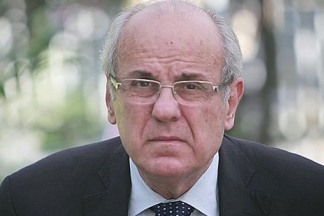 What matters for them is not that Lebanese would be divided according to their sect. It is that it gives the Christians 64 MPs and the same number for Muslims. "Under this law, the Christians will designate their own representatives in the Parliament, ending the everyday conflict of lawmakers who do not represent their societies," MP Salim Salhab, member of Change and Reform parliamentary bloc, told moqawama.org. He pointed out that many lawmakers in the current Parliament were actually elected thanks to other sects. "These people cannot represent people who did not elect them," he elaborated.
What matters for them is not that Lebanese would be divided according to their sect. It is that it gives the Christians 64 MPs and the same number for Muslims. "Under this law, the Christians will designate their own representatives in the Parliament, ending the everyday conflict of lawmakers who do not represent their societies," MP Salim Salhab, member of Change and Reform parliamentary bloc, told moqawama.org. He pointed out that many lawmakers in the current Parliament were actually elected thanks to other sects. "These people cannot represent people who did not elect them," he elaborated.
The Change and Reform bloc member, who stressed the need to seek a common ground for the new election law since there is conviction that these elections should be held on time and based on a new electoral system that surpasses the 1960 law, said the Orthodox electoral law could be the solution, in light of the parliamentary subcommittee's discussions. He noted that the FPM allies, mainly Hizbullah and AMAL movement, will vote in favor of the Orthodox law, as they stated. "However, the problem would be constitutional in case the Future party and the Progressive Socialist Party, rejected the law and boycotted the Parliament," he added.
Proportionality Better But..
The FPM stressed that its allies were at its side in dealing with the electoral law. "This is not new," member of Development and Liberation parliamentary bloc MP Michel Mussa, said. "Speaker Nabih Berri stated more that once that he would accept any law approved by Christians," Mussa explained.
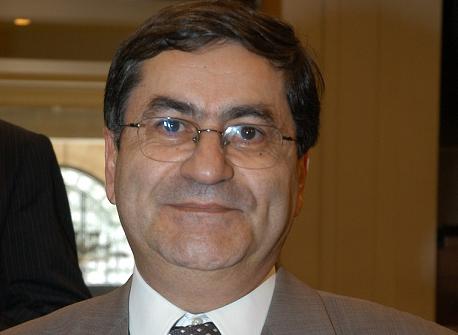 However, Mussa told moqawama.org that the Speaker was still seeking to reach a magic formula which could break the deadlock. Given the fierce refusal by the Future party and the PSP to the Orthodox law, Berri seeks to find common grounds among all parties, given that he believed the best model for Lebanon was full proportionality with Lebanon as one district.
However, Mussa told moqawama.org that the Speaker was still seeking to reach a magic formula which could break the deadlock. Given the fierce refusal by the Future party and the PSP to the Orthodox law, Berri seeks to find common grounds among all parties, given that he believed the best model for Lebanon was full proportionality with Lebanon as one district.
On Friday, Berri received the head of the Future bloc MP Fouad Saniora and discussed with him the electoral law proposals. However, well-informed sources told moqawama.org that the meeting, which was hailed by Berri as comfortable and good, was not fruitful. "Neither Berri convinced Saniora of the benefits of proportionality, nor Saniora convinced him of his points of view," the sources explained.
WHAT IF... ?
That's it. Consensus is not reached yet. The 1960 law is rejected by the majority of Lebanese, at least in public. The Orthodox law is rejected by the Future party and the PSP. Proportionality is rejected as a concept by the Future party. Proposals of a "mixed" do not seem to be hailed by Lebanese as well.
But what if consensus was not reached? What would happen? Mussa and Salhab both stressed that return to the 1960 was not possible. They also said the elections should be held on time. But the question remains how? And is the option of a "technical postponement," hinted by Interior Minister Marwan Charbel, open?
Source: moqawama.org
